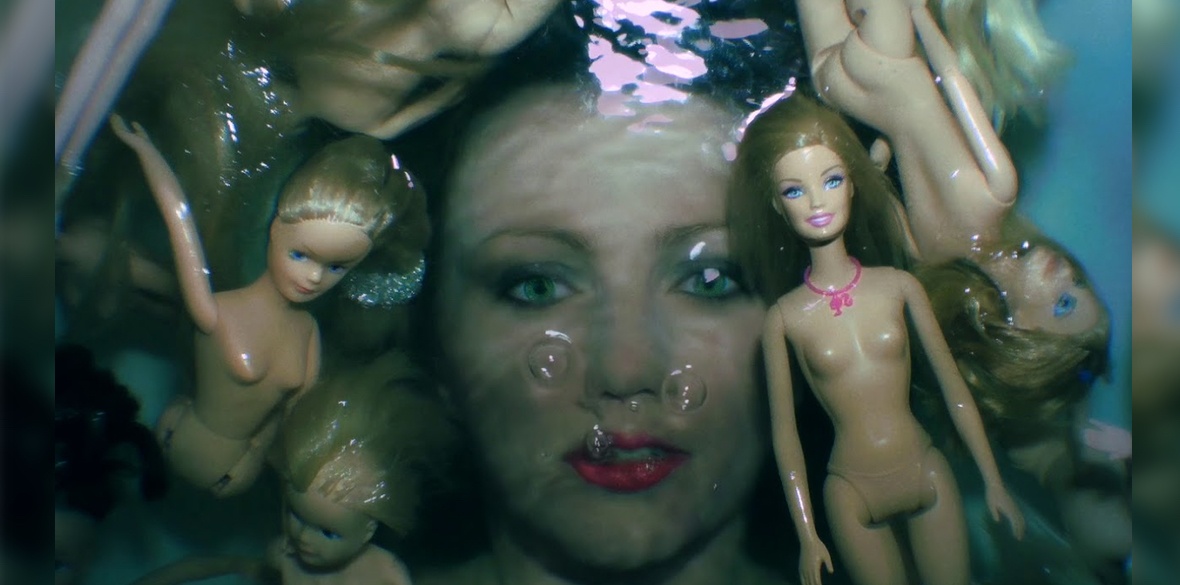This is the last article you can read this month
You can read more article this month
You can read more articles this month
Sorry your limit is up for this month
Reset on:
Please help support the Morning Star by subscribing here
ALONG with Filip Bajon’s The Butler, a love story spanning the years from 1900-1945 and set against the tumultuous history of the Kashubian region, the sheer range of contemporary film produced in Poland is strikingly evidenced in veteran director Krzysztof Zanussi’s Ether.
Another period drama, it typifies the talent in the big-budget end of the mainstream film industry in Poland.
It tells the story of a sociopathic doctor who’ll do anything to further the cause of science and his own career but, unlike most British period dramas, this brutal film’s view of the past is in no way rose-tinted and its metaphysical story poses the kind of moral questions sadly absent in much contemporary cinema.
At the more radical end of the spectrum, My Friend the Polish Girl, co-directed by Ewa Banaszkiewicz and Mateusz Dymek, is a biting satire which, Like Ether, homes in on professional morality.
In it, a privileged young film-maker decides to make a film documenting the life of Alicja — a stranger to him — and ruins her life in the process. It’s not the first fictional narrative to appropriate documentary elements but this gripping film again underlines the potential of cross-genre storytelling.
And it also demonstrates that experimental film-making can be as exhilarating as often as it is exasperating.
Classic films abounded in a festival which largely steered clear of big international names like Kieslowski and Wajda. Instead, the focus was on films by Polish masters lesser-known in Britain.
The strand featuring work based on the novels of sci-fi writer Stanislaw Lem included rarely screened classics like Silent Star or the original Polish version of Solaryis, more famously adapted by Tarkovsky and later by Soderbergh.
There were works by Andrzej Zulawski, whose posthumous reputation has been steadily growing in Britain over the last few years. His avant-garde sci-fi On the Silver Globe, made in 1988, tells the gripping story of a space researcher seeking out a civilisation founded by explorers on an unnamed Earth-like planet many years ago.
And there was a screening of The Third Part of the Night, his great modernist horror show from 1971, set in nazi-occupied Poland. It was part of the tribute to its cinematographer Witold Sobocinski, which included his work on Wojciech Jerzy Has’s 1973 film Under the Hourglass Sanatorium, the gem of the festival.
Its protagonist is a young Jewish man who visits his father in a mystical sanatorium where time is out of sync and what transpires is a demented, hallucinatory and profoundly moving odyssey, reminiscent of films by Kubrick and Lynch. It won the Jury prize at Cannes in the year of its release and is too rarely screened in this country.
It’s a film which typifies an annual festival which, while showing the robust health of current Polish cinema, showcases the films that helped build its international reputation in the first place.










